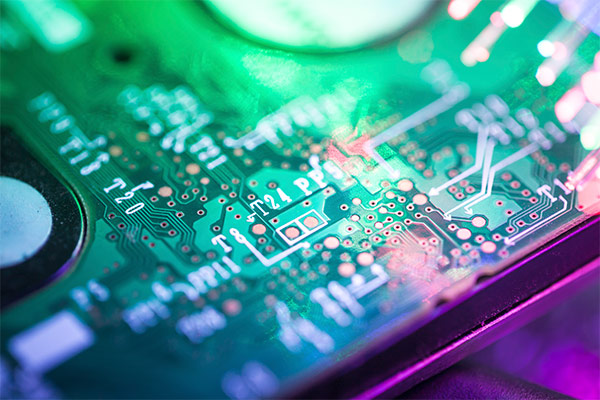In the ever-evolving realm of electronics, the design and fabrication of printed circuit boards (PCBs) stand as a crucial bridge between conceptualization and realization. Whether you're a seasoned professional or a novice enthusiast, mastering the intricacies of PCB design is essential for bringing your electronic projects to life. This comprehensive guide aims to demystify the world of PCB design and fabrication, offering valuable insights and practical tips to elevate your skills.

Understanding the Fundamentals
1. The Basics of PCB Design
Before delving into fabrication, it's crucial to grasp the fundamentals of PCB design. Learn about the components, layers, and basic principles that form the foundation of a well-crafted circuit board.
2. PCB Design Software
Familiarize yourself with popular PCB design software tools. From beginner-friendly options to advanced platforms, selecting the right tool is key to a seamless design process.
3. Schematic Capture and Layout
Master the art of schematic capture and layout. Explore techniques for organizing components, creating logical connections, and optimizing the physical arrangement of elements on your board.
Navigating the Fabrication Process
4. Selecting the Right PCB Material
Dive into the world of PCB materials. Understand the characteristics of various substrates, such as FR-4, and choose the one that aligns with the requirements of your project.
5. Multilayer PCBs vs. Single-Sided and Double-Sided Boards
Explore the advantages and considerations of multilayer PCBs, as well as the differences between single-sided and double-sided boards. Learn when each type is most appropriate for your designs.
6. Prototyping Techniques
Prototyping is a crucial step in PCB design. Discover efficient prototyping techniques that allow you to validate your design before moving into full-scale production.
7. The Etching and Drilling Process
Gain insights into the etching and drilling processes involved in PCB fabrication. Understand the steps to create precise circuit traces and holes, ensuring the integrity of your design.
Advanced Techniques and Best Practices
8. Surface Mount Technology (SMT) vs. Through-Hole Technology (THT)
Delve into the pros and cons of Surface Mount Technology (SMT) and Through-Hole Technology (THT). Learn how to choose the right technology for your specific application.
9. Quality Control in PCB Manufacturing
Quality is paramount in PCB fabrication. Explore best practices for quality control, including inspection techniques and adherence to industry standards such as IPC.
10. Innovations in PCB Design
Stay ahead of the curve with the latest innovations in PCB design. Explore emerging technologies and trends that are shaping the future of circuit board fabrication.
Conclusion: Your Path to Mastery
Mastering PCB design is an ongoing journey of learning and refinement. Armed with the knowledge acquired from this comprehensive guide, you're well-equipped to tackle the challenges of circuit board fabrication with confidence. Whether you're designing a simple prototype or a complex, high-frequency PCB, the principles outlined here will serve as your compass in the dynamic world of electronics. So, embark on your journey to mastering PCB design and unlock the potential to bring your electronic creations to new heights.